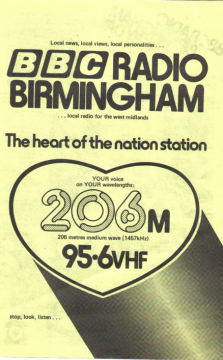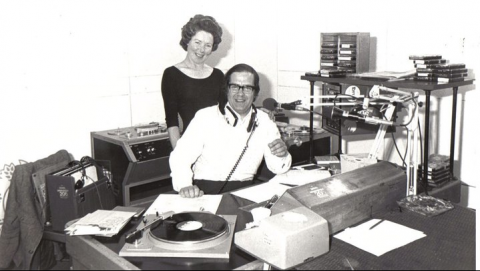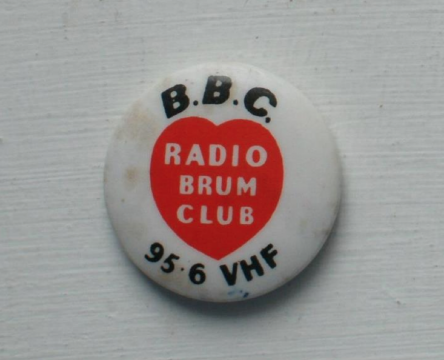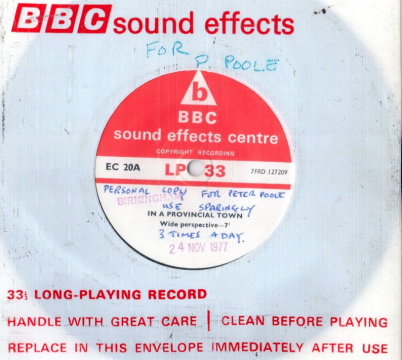
Copyright resides with the original holder, no reproduction without permission.
This was the standard BBC Leave Form, for staff to request holiday.
Staff used to get around 25 days annual holiday a year. ‘Compensatory’ leave, was accrued by working extra days, for example if you worked at least 4 x 12hr days in one BBC calendar week (Sunday to Saturday), and came in to work on the 5th day, then you were entitled to an extra day off. ‘Additional’ leave was given for various reasons, e.g. you used to get 2 days off for moving house, and the same for paternity leave, and long service leave was earned at the rate of 2.5 days a year, after you’d worked for the BBC continuously for ten years. You earned 20 hours extra leave for each year over ten you’d worked. Long service leave could be carried over, and couldn’t be taken for periods of less than a week. It meant that you could take a very long holiday of a couple of months or longer, if you’d worked for the Corporation for a long time.
If you were paid weekly, then you could get a cash advance, from the Cash Office, to get your pay in advance.
The following comments were left on the Pebble Mill Facebook group:
Stephen Martin: ‘You had to give your “leave address”. There was no escape.’
Stuart Gandy: ‘Those were the days when we actually had a cash office. Very useful it was too for cashing personal cheques (I think you were allowed up to £50, but my memory is fading a bit on that point!) as in those days cash machines were not that common and the nearest bank to Pebble Mill was quite a long way away.’
Ruth Kiosses: ‘Talking of the cash office, what about the purchasing forms in multi coloured layers? We could only pay cash at Makro because finance were so long settling bills they refused our purchase forms. We had a hole put in our Makro card if I remember rightly? This labelled us as bad payers!’
Marc Price: ‘Wasn’t there also a form of leave called “Bisque”? It was leave that couldn’t be refused by management or something like that?’
Ruth Kiosses: ‘And gardening leave? I’m sure my boss had that once?’
Ray Lee: ‘Any overtime could also be taken as Comp Leave. Overtime was normally paid at 1.25T (irregular hours contract) but if you took comp leave instead you were paid the 0.25T balance and accrued comp hours at the 1T rate.’
Pete Simpkin: ‘Yes Marc that’s right, usually for desperate times like sudden bereavements etc and remarkable for the fact that the system was respected by most staff. Incidentally I seem to remember there was a spectacular payment if you had to work on Christmas Day, at one time there had to be two engineers on duty at every studio centre which had a control room for the Queen’s Christmas Day Broadcast so most people had at least one of these payments during their career.’




